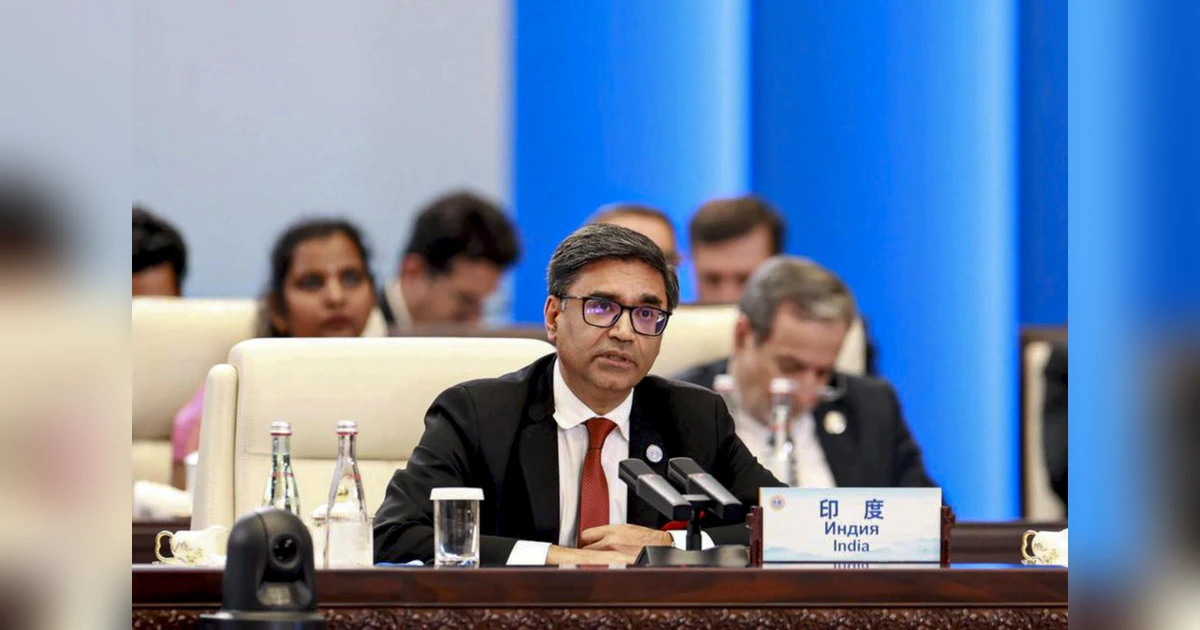The Patiala House Court in Delhi on Saturday ordered the release of the accused, including Hong Xuquan, Harinder Dahiya, and Hemant Munjal, from custody in the Vivo money laundering case.
Vacation judge Shirish Agrawal allowed their release on bail bonds of Rs. 2 lakh each. The submissions made before the court outlined events leading to their arrest.
The Enforcement Directorate searched the residences of the accused on Dec. 21, serving them with summons under the Prevention of Money Laundering Act, 2002 (PMLA). After concluding the search, the accused were allegedly taken into custody for the purpose of recording statements.
The accused argued that their detention violated legal provisions that require the detainee to be produced before the appropriate authority within 24 hours. The court was informed that the accused were not presented within this timeframe, rendering their arrest illegal.
They also contended that grounds of arrest, mandated under PMLA, were not promptly furnished, violating the Supreme Court’s directive on timely disclosure.
The court observations emphasized that the Directorate’s claim of non-cooperation during the investigation was an afterthought. The court rejected the notion that giving evasive replies could warrant arrest under PMLA, stating that custodial interrogation isn’t for confession but cooperation in the investigation.
The court stressed the importance of personal liberty as a fundamental right and questioned the Directorate’s grounds for curtailing it. It concluded that the arrest was illegal and rejected the remand application, ordering the release of the accused on conditions deemed fit by the court.
The court addressed concerns about potential prejudice to the investigation upon the release of the accused, stating that a bald averment without clarification had been made. Additional conditions were imposed, including the accused reporting to the complainant department daily until the High Court reopened on Jan. 03.
The court emphasized its jurisdiction under the Code of Criminal Procedure and highlighted its lack of inherent and constitutional powers to direct the order’s non-effect and remand the accused to custody. It rejected the complainant department’s apprehension that the accused might tamper with evidence, noting the ongoing investigation of almost two years.
The court emphasized that the Directorate had means to prevent the accused from absconding and influencing witnesses through surveillance techniques.



































